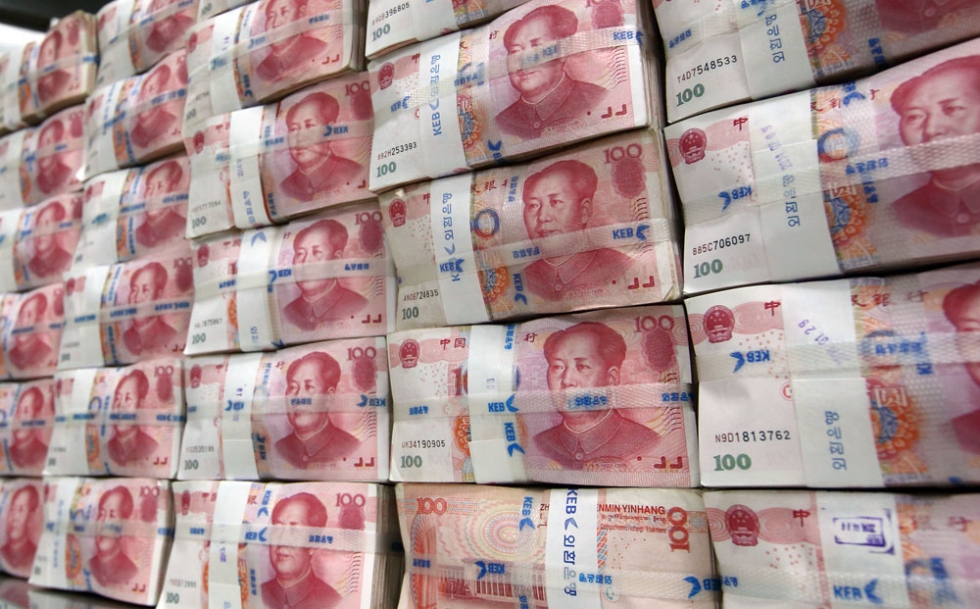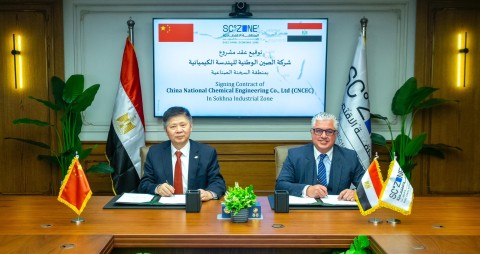Gazprom Neft, Russia’s third-largest oil producer, is now settling all of its crude sales to China in renminbi, in the most clear sign yet that western sanctions have driven an increase in the use of the Chinese currency by Russian companies.
Russian executives have talked up the possibility of a shift from the US dollar to renminbi as the Kremlin launched a “pivot to Asia” foreign policy partly in response to the western sanctions against Moscow over its intervention in Ukraine, but until now there has been little clarity over how much trade is being settled in the Chinese currency.
Gazprom Neft, the oil arm of state gas giant Gazprom, said on Friday that since the start of 2015 it had been selling in renminbi all of its oil for export down the East Siberia Pacific Ocean pipeline to China.
Russian companies’ crude exports were largely settled in dollars until the summer of last year, when the US and Europe imposed sanctions on the Russian energy sector over the Ukraine crisis.
Those sanctions restricted financing in dollars and euros for certain Russian energy companies, including Gazprom Neft.
Although the US and European sanctions expressly allowed customers to continue paying Russian companies for oil and gas sales in dollars and euros, the sanctions triggered alarm among Russian executives, who viewed the measures as a sign that the west was willing to use currency as a weapon.
Gazprom Neft responded more rapidly than most, with Alexander Dyukov, chief executive, announcing in April last year that the company had secured agreement from 95 per cent of its customers to settle transactions in euros rather than dollars, should the need to do so arise.
Mr Dyukov later said the company had started selling oil for export in roubles and renminbi, but he did not specify whether the sales were significant in scale.
According to Gazprom Neft’s first-quarter results issued last month, the East Siberian Pacific Ocean pipeline accounted for 37.2 per cent of the company’s crude oil exports of 1.6m tonnes in the three months to March 31.
This implied a volume of about 50,000 barrels a day, worth more than $1bn a year at today’s prices.
Other Russian energy groups have been more reluctant to drop the dollar for settlement of oil sales, because the lower liquidity of alternative currencies is likely to result in higher costs.
Meanwhile, Russian companies are trying to raise more capital from China, amid a near-total freeze in new western lending to the country because of the Ukraine-related sanctions.
Gazprom last year listed its shares in Singapore, while Rosneft, the country’s largest oil producer, has negotiated credit lines with several Russian state banks in renminbi.
Source: Financial Times












